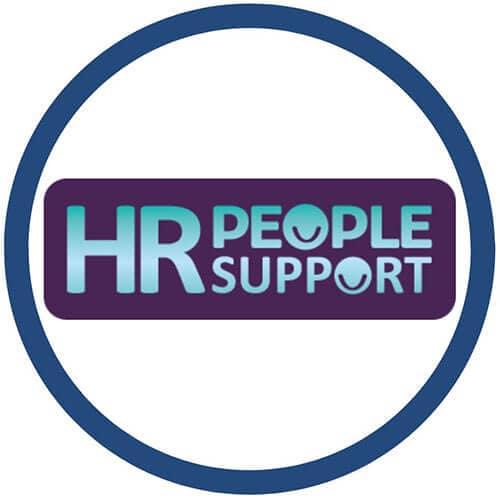Thursday 24 February saw the end of all COVID self-isolation rules in England, meaning that there is now no legal requirement to isolate following a positive COVID test result.
As a result, many employers are asking whether or not they can stop employees from attending the workplace if they test positive, even if they are not legally required to isolate.
All employers have a duty to protect the health and safety of their employees by providing a safe working environment, so it wouldn’t be unreasonable to ask employees to stay away from the workplace if they test positive for COVID. This is especially true if they’re able to work from home, so will still receive full pay.
However, if a COVID-positive employee is not able to work from home and is ready and willing to work from the workplace, but you do not want them to attend, you should consider agreeing to pay the employee in full for the time you require them to isolate for.
You may also consider extending these isolation rules to employees who have other ‘infectious’ illnesses, such as colds and flu, to prevent the spread of illnesses throughout your workforce, and to further protect the health and safety of your staff.
It’s also worth noting that because the government has stated that free mass testing will end on 1 April, employees will be less likely to know if they have COVID. This, in turn, will increase the chance of employees attending work with COVID. You may, therefore, wish to pay for your employees to be tested to minimise this risk.
In addition, you should consider maintaining social distancing and other precautions, such as providing face masks and plenty of hand sanitiser for staff to use. Doing this will help you to provide a safe working environment in accordance with your health and safety obligations.












